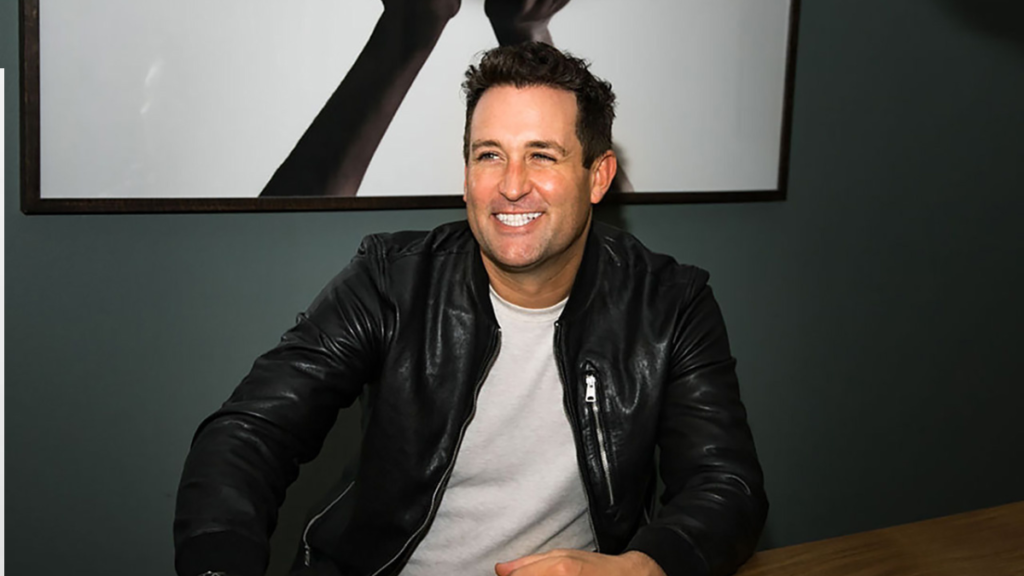James Upson, MD of Adnami UK and NL, discusses company culture and industry values in the world of digital advertising, and how a focus on honesty, transparency and vulnerability are the way forward
When you think about the world of digital advertising, what values and culture spring to mind?
I’ve been in this business for 15 years and have found the industry’s culture and values have evolved a lot in that time. In general, we’re all here for the same reasons: innovation, technical advancement, and helping to bring brands, agencies and publishers closer together with minimum friction. But in the execution of those goals we’re moving towards a more accepting, open, transparent era, with an appreciation that the bullish mentality of the industry’s early years is no longer appropriate.
In my experience, the specific culture of each individual business depends hugely on its size. Small scale-ups constantly define their culture as they grow. But giants like Meta and Ogilvy – two of my previous employers – have cultures that are ingrained in the fabric of their being, are adhered to religiously and shape the way each does business.
What is the importance of company culture?
Any company’s values inevitably form the bedrock of everything it does, from onboarding staff and developing products to interacting with clients. Our particular key values are trust and transparency. We think it’s important to be entirely honest with our staff and clients about everything. Transparency helps build a strong, high-performing team, and it’s an essential component of good client relationships.
Courage and vulnerability are other critical values here. We encourage free thinking. We encourage people to ask for help if they need it, to think outside the box and push convention in all aspects of the business, regardless of seniority. This engenders creativity and innovation. In our case, we are going through a phase of very rapid, multinational, multicultural growth, and acceptance and respect are a vital part of that, which I think reflects society as a whole.
Obviously, the people you employ have a real bearing on company culture, and it is so important to let that in, allow them to be who they are. It’s about everybody not just feeling important, but really being important. We have managed to create a work environment where people are not limited in their abilities to develop professionally and personally. We have a saying that personal growth happens outside our safe zones. Being part of growing a company means everybody needs to do their part to make the organism function. That mindset and attitude grows people quicker than anything else, in my view.
How can team values impact company performance?
Values impact performance because they are integral to your mission. Our company exists to bring clarity and accountability to the programmatic supply chain, for example, so we can’t fail to enshrine transparency as a core value.
And there are numerous different types of value. Not only in the traditional monetary sense, but also in terms of sustainability, for example. Adnami works to shorten the programmatic supply chain and reduce friction in the process, making digital media a more sustainable form of advertising. You can draw parallels between all of our corporate values and their direct impact on the company’s performance.
Can you give us specific examples of how you engender company culture and values, and how does leadership play into this?
Well, we’re a relatively small scale-up business, and that has pros and cons in terms of instilling values – developing them is hard, important work.
It’s down to the leadership team to craft the company culture. So you think hard about onboarding plans, lunch schemes, social groups and off-site team trips, where you get the full company together to develop the sense of belonging and social glue. And then you need to make sure there are opportunities for regular, candid and transparent team communication, from the highest level to the most recent newcomer.
I think basic employee rights now are things like flexible working hours, the freedom to work from home where possible, birthdays off – things that foster team cohesion, a unified but inclusive mentality and a caring attitude to mental and physical health.
And of course, it’s the little things too. We always play music in the office here; we encourage a fun-loving atmosphere, with spontaneous croissant patrols to the bakery and a fridge full of natural wine. We get each other home early in the morning after nights out.
And finally, what role does recruitment play in maintaining and enhancing a company’s values and culture?
Clarity of mission and direction of travel are important. You need to make sure your recruitment process is smooth, succinct and – that word again – transparent. If the job a candidate applies for is very much the job they get, that builds trust within the team.
Your process has to comfortably cover any candidate’s technical capability as well as their cultural fit. At the moment we’re building for the future, so actively hiring people that in a year’s time, will step into larger management roles. It’s really about using our values to recruit the people that will help us in the long term.









